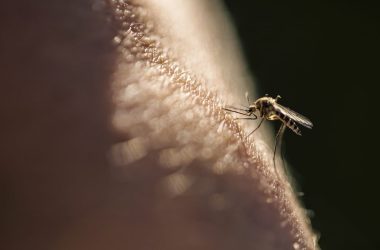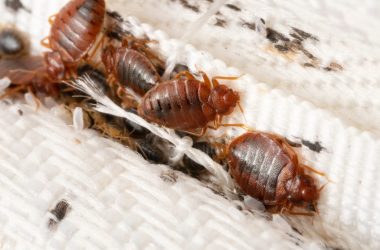If you live in Seattle, you know the rush here and may have encountered insects and rodents many times inside your home. The waterfront areas like Elliott Bay and Lake Union are forever busy, while others like Ballard, Capitol Hill, and West Seattle are prone to various pest problems. With the rainy climate, infestations only get worse in no time.
Pest control isn’t just about using harsh chemicals – at least not anymore. Companies like United Pest Solutions in Seattle now focus on Integrated Pest Management (IPM), which is better for your home and the environment. Technicians of United Pest Solutions don’t just fix current issues but also take steps to address future infestation concerns. So, what’s the hype about IPM? In this guide, we have shared an overview.
What is IPM?
IPM is designed by science-backed methods and has a sustainable way, where technicians don’t just eliminate pests but take steps for prevention. The goal is to contain pest issues to a level where there is little to no risk for families, pests, and other animals. IPM is customized for each client and includes a proactive approach rather than waiting for infestations. There are some core principles that exterminators follow:
First, technicians take measures to get rid of conditions that attract pests or cause infestations.
They also track pest issues and identify species accurately so as to decide the next steps.
Treatments are decided after due care, focusing on health, property, and related risks. Everything is targeted.
Products used in IPM are usually safe and often termed as “green”. A combination of treatments is usually considered.
Even after the work is done, exterminators focus on new strategies to ensure there are no hidden infestations.
A Look at the Process
When you call a pest control service for help in Seattle, they will usually schedule an inspection. The goal is to understand what pests you are dealing with, how these insects or rodents are entering your home, and whether there are conducive conditions. Next, they may place a few monitoring devices, such as digital devices and glue boards, which further help identify the infestation. Once the species is confirmed, technicians take steps to sanitize the area, which includes trash management and removing sources of food. They also fix gaps and holes that may work as entry points. If trapping or baiting can help, technicians will consider those options first, followed by chemical treatments for targeted areas only.
Should You Care About IPM?
Yes, and for many reasons! Firstly, if you want to keep pests away, you cannot just remain fixated on killing them. Secondly, IPM is all about doing better, not just for your home but also for the environment. As a customer, you make good choices for everything else, and it shouldn’t differ when it comes to pest control. Yes, IPM-focused exterminators can charge a tad more, but that extra price is worth paying, considering you are choosing to do better.
Finding the Right Exterminator
Always check with the technicians about what products and treatments they recommend. If they just focus on using pesticides as the first step, they aren’t following IPM measures. Secondly, you must consider what is included in the price. Does the contract talk about regular checks? Are exclusion methods included? What also matters is the quality of work. You need to be sure that the team isn’t just addressing current pest concerns but also focusing on long-term relief.
If you find a pest control service in Seattle that understands and makes the most of IPM principles, you wouldn’t have to worry about new infestations every season. The process will be such that your home will be safe from common pests.







